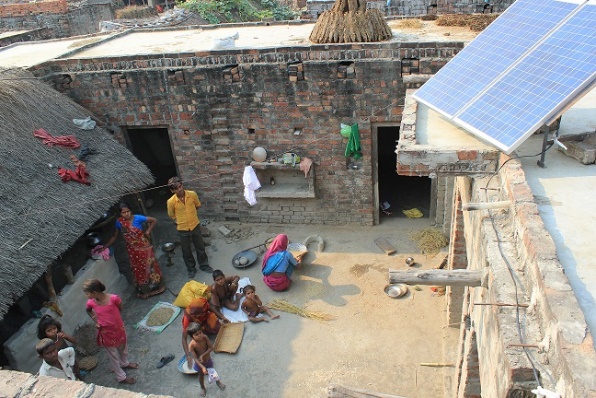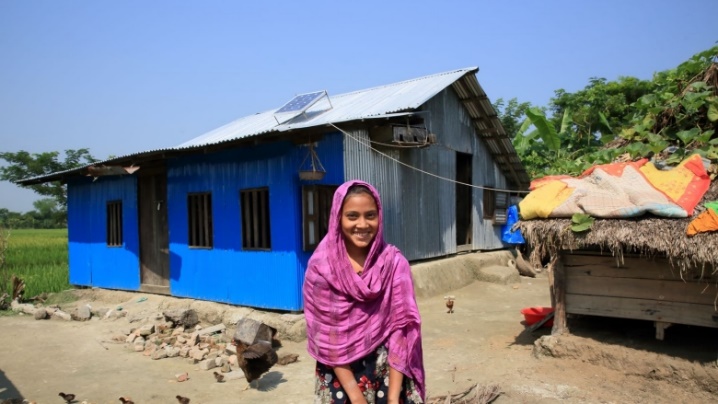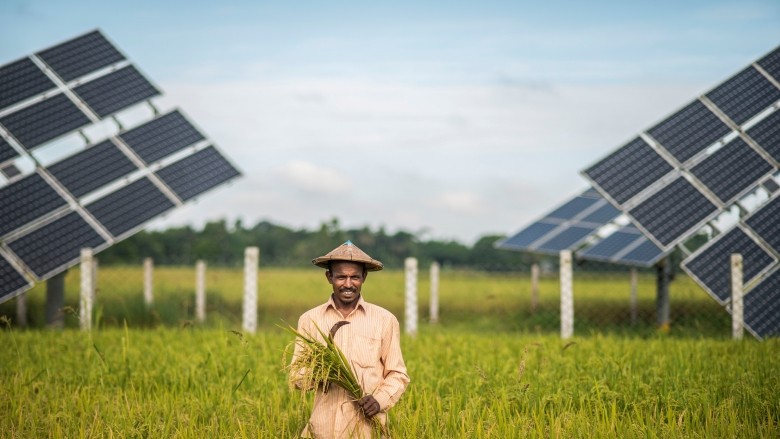mail info@star-centre.org
The Rural Electrification and Renewable Energy Development project in Bangladesh is funded by the public and focuses on expanding electricity access in rural areas without grid connections through Solar Home Systems (SHS). Despite being acknowledged as one of the biggest and most rapidly expanding off-grid renewable energy initiatives globally, policy and operational obstacles are still widespread. One instance is the program offering grants and soft loans to partner organizations that offer capacity building and technical assistance to local communities (e.g. training, logistics, and promotional support). Yet, these businesses were focusing on growing their market instead of satisfying customers, thus reducing the program's effectiveness.
The project report evaluated information from both the initial and final surveys, providing suggestions for enhancing the efficiency of delivering and operating solar home systems (SHS). Similarly, the surveys offered immediate feedback from clients to providers. 350 users received training for the first time on how to maintain SHS equipment in the sub-project. The results of the sub-project consist of:
In 2010, a grant of $13.95 million from GPOBA was given the green light to enhance electricity availability for impoverished families in rural Bangladesh located in isolated, off-grid regions by offering SHSs. This project was a component of a broader SHS program that started in 2003 with funding and technical assistance from the World Bank as part of the RERED project.
The project surpassed its original goals, and beneficial results were observed for rural families. The initial goal of the project was to assist in the setup of 315,000 SHSs, impacting around 1.4 million individuals. The subsidy for smaller SHS systems decreased from $50 to $20 per connection, resulting in the installation of 497,608 SHS units and benefiting more than 2.2 million people. A study funded by GPOBA has revealed that the implementation of SHSs in rural areas of Bangladesh has resulted in multiple beneficial effects.
Read More: https://projects.worldbank.org/en/projects-operations/project-detail/P131263


Bangladesh, one of the most densely populated countries in the world, has faced challenges in providing electricity to its rapidly growing population of 18 million, affecting its development progress. Nevertheless, over the past few decades, the nation has made significant progress in addressing its electricity generation shortfall by implementing creative initiatives that focus on assisting the less privileged members of society. Bangladesh's off-grid renewable energy network is now the largest in the world, thanks to the success of the Solar Home System (SHS). Since starting in 2003, 5.5 million SHS units have been set up nationwide, generating 75,000 jobs, and preserving fuel valued at $411 million. The rapid increase in proliferation of SHS was managed by Infrastructure Development Company Limited (IDCOL), which employed careful tactics such as micro-credit funding, rigorous quality control, promotional efforts, and awareness programs to guarantee the project's success.
Read more: Syed-Munir-Khasru.pdf (ic-sd.org)

